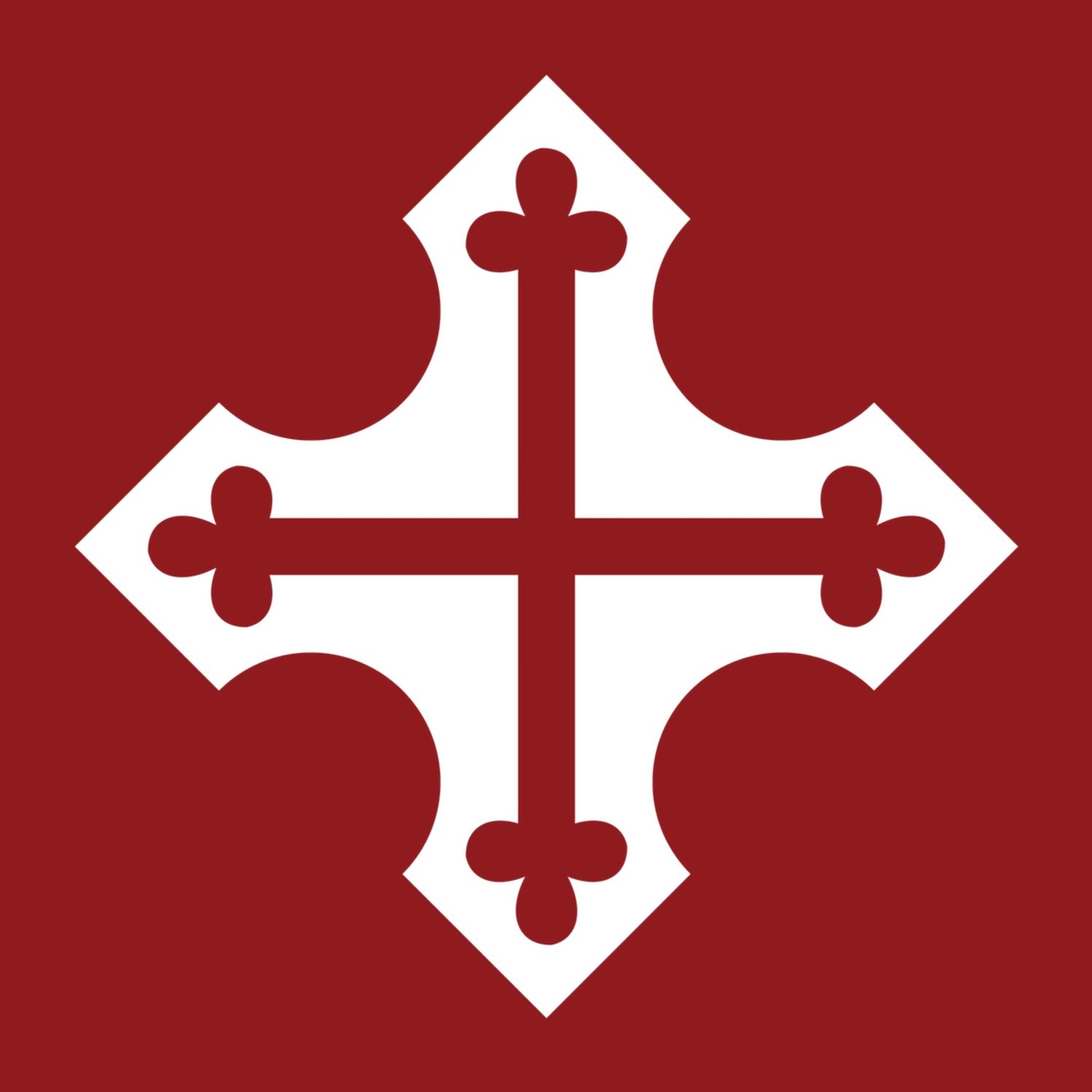The Politics of Christmas (Advent Grab Bag #1)
INTRODUCTION
As is our custom, we began using the Definition of Chalcedon this morning for our Creed, which was adopted and published in 451 A.D. The purpose of the Definition was to further defend the full divinity and humanity of Christ from several heresies, while preserving the Creator-creature distinction.
All non-Christian societies are fundamentally what Peter Jones calls “oneist.” Oneism teaches that everything is essentially one, part of the same basic substance, and therefore oneism is pantheistic. Christianity is the lone religion in the world that teaches “twoism,” that there are fundamentally two different realities: God and everything else. This has profound implications for all of life, including how we think about politics and power.
The Texts: “Because that, when they knew God, they glorified him not as God, neither were thankful; but became vain in their imaginations, and their foolish heart was darkened. Professing themselves to be wise, they became fools, And changed the glory of the uncorruptible God into an image made like to corruptible man, and to birds, and four-footed beasts, and creeping things” (Rom. 1:21-23).
“Of old hast thou laid the foundation of the earth: and the heavens are the work of thy hands. They shall perish, but thou shalt endure: yea, all of them shall wax old like a garment; as a vesture shalt thou change them, and they shall be changed: But thou art the same, and thy years shall have no end” (Ps. 102:25-27).
“For there is one God, and one mediator between God and men, the man Christ Jesus” (1 Tim. 2:5).
SUMMARY OF THE TEXTS
The center of human rebellion is the refusal to acknowledge God as He truly is and that is “uncorruptible” and utterly unlike anything in creation, all of which is “corruptible,” and refusing to be thankful for this reality, people become foolish idolaters (Rom. 1:21-23). Likewise, Psalm 102 describes God as the Creator of all things in heaven and on earth, and the difference between the Creator and His creation is that creation perishes, wears out, and changes, but the Creator endures, remains the same, and has no end (Ps. 102:25-27). Finally, the Bible says there is only one God and one mediator between God and man: Christ Jesus (1 Tim. 2:5).
THE COUNCILS & HERESIES
Leading up to the Council of Nicaea in 325, a pastor named Arius taught that Jesus was not fully God, but rather was a man who was very much like God. Arius taught that there was “a time” (so to speak) when the Son was not. He said, the Son had a beginning. Athanasius and others argued that Christ was fully God and was therefore of the “same substance” with the Father (“homoousias”). The later Arians would say that Christ had a “similar substance” with the Father (“homoiousias”). This really is a watershed issue. If Jesus is merely the highest created being, the most exalted creature, right next to God, then the Creator-creature divide has collapsed. Instead of the infinite chasm between God and His creation that the Bible teaches, there is a ladder, a hierarchy or gradation of “being” that may ascend to Godhead.
The Council of Nicaea concluded that Athanasius was correct and published the Nicene Creed which affirms that Christ is fully God and fully man, eternally begotten, “not made,” and of the same substance with the Father. The Council of Chalcedon came along in 451 and further nailed the coffin shut on Arianism (and other Christological heresies), insisting that the Divine and human natures come together in Christ “without confusion, without change, without division, without separation.” While this might seem esoteric or pedantic, it really is glorious. It is saying that the Creator-creation distinction remains intact even in the one mediator between God and man. There is no hierarchy of being ascending and merging into God. There is only God and everything else, and Jesus Christ is the only mediator between God and everything else, and in His person, those two natures are united “without confusion, without change, without division, without separation, the distinction of natures being in no way annulled by the union.”
CHALCEDONIAN POLITICS
The political ramifications for this are enormous. The tendency of all cultures dedicated to “oneism” is toward the Tower of Babel: consolidating global resources and power in an effort to ascend to Heaven, whether literally or simply by achieving heaven/utopia. This process always includes leaders claiming the authority of God/gods. In the ancient world, Pharaoh was the human representative of the sun god, Ra, and in Rome, Caesar was hailed as the divine “lord” and son of Jupiter. When the early Christians acclaimed Jesus as “Lord” and “Son of God,” this was in direct defiance of the emperor cult. Later, when the Roman Pope claimed to be the universal pontiff and exercised massive political power, it was somewhat based on the supposed authority to change bread and wine into the flesh and blood of God. Political power has often been exercised under the guise of unlimited divine power. But the Biblical religion has always insisted that all authority comes from God and is therefore “under God” and limited by God and His Word. While modern governments have not yet had the audacity to openly claim this divinity, this hasn’t stopped them from acting like it in their totalitarian claims on our property, income, children, and healthcare.
APPLICATIONS
What we are celebrating at Christmas is not only our eternal salvation but also freedom from every kind of tyranny, beginning with death itself, but also sin, the Devil, and all Satanic manipulation, oppression, and power grabs. The state is not God, nor is it the mediator between God and man. And no one can ascend to God or Heaven. The One born in Bethlehem, He is the eternal Son of God, the Lord and only mediator between God and Man. All earthly authorities answer to Him. Christmas means limited government.
And this is why the Kingdom goes forth as proclamation, baptism, communion, and worship. There is nothing that we can do to ascend to God in Heaven. There is no way for us to cross that chasm, and our sin only makes the distance greater. Only God can come to us, and so He has.

